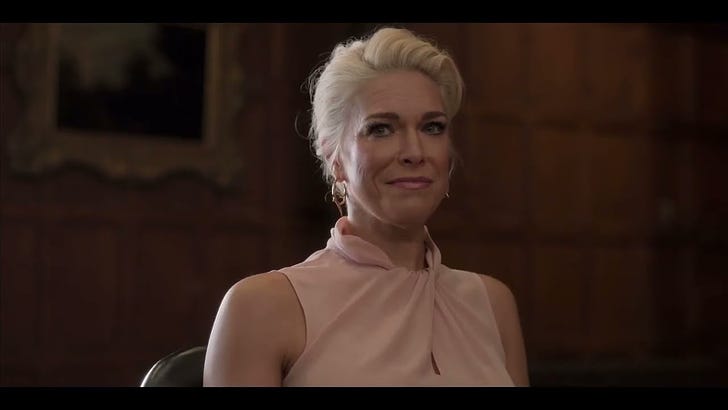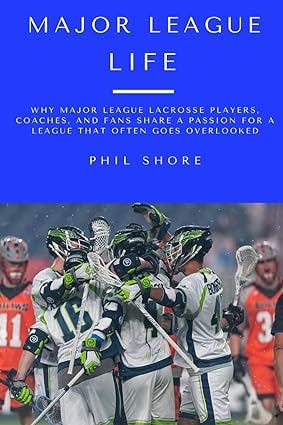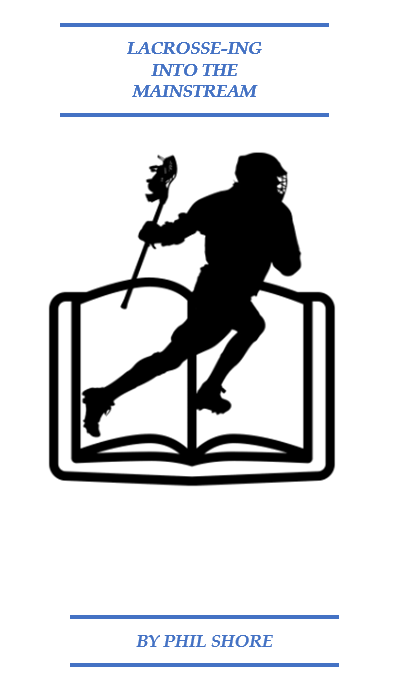The Takeaway Check, Issue #34
The Oakland Athletics, sports, and losing the soul of your sport in favor of a dollar
Thursday, September 26, marked the final home game of the season for the Oakland Athletics. It also was the final home game in Oakland ever for the Athletics.
The Athletics won the game, 3-2, but that won’t be what’s remembered. The lasting images from that afternoon won’t be from the field; they’ll be of the groundskeeper crying and being consoled as he walked off the field or of another groundskeeper shoveling dirt from the field into water bottles for fans as a keepsake.
The A’s spent 56 years in Oakland, and they spent the last 20 of those looking for a new home. Oakland City Council approved a plan for a new ballpark in 2021, but it seems like owner John Fisher already made other plans, missing a deadline to approve the deal in 2022 and then purchasing land in Las Vegas for a puzzling move that seems financially unsteady, leaving some wondering if it was a leverage-play gone wrong. While wealthy owner fought city government, the passionate fans came out the losers.
The scenario in Oakland has been a contentious one, but it’s not the only instance where those in charge chose money over history and passion.
In December 2023, Major League Soccer announced it was withdrawing its teams from the U.S. Open Cup — the oldest soccer tournament, established in 1914 — in favor of teams from its developmental league. MLS commissioner Don Garber criticized the tournament, and one of the reasons for the decision was because teams expressed frustration over an overabundance of games on the schedule; the overloaded schedule, however, is in part the effect of an expended Leagues Cup, where every MLS team competes for a month with teams from Mexico’s Liga MX.
Conference realignment in college football killed the PAC-12. Not only does it end a history filled with memorable faces and moments, it also seriously hurts the smaller programs that now have to budget for cross-country competition because the department is chasing money from TV rights deals its football team can get by being in a more prestigious conference.
There’s also the “good faith effort” to keep the SuperSonics in Seattle Clay Bennett agreed to when he bought the team only to announce his intent to move the team to Oklahoma City one year later and be sued for breach of contract the following year.
There are a number of instances in sports where front offices looked to make an extra buck but at the expense of history and the passion of the fans.
Lacrosse, particularly at the professional level, has not been and is not perfect, but if it is to grow how so many want it to — with a greater spotlight shining on the sport with the Olympics on the horizon — than it needs to do everything it can to avoid this practice.
Right now, it seems like the Premier Lacrosse League is avoiding those issues. For the past couple seasons, there hasn’t been an overlap of schedules with the National Lacrosse League, meaning every player has the option to play in both, and many of the best players in the league do.
Another popular topic of conversation is expansion. The league has not added a new team since the Cannons were added in the merger with Major League Lacrosse. Although there is enough talent to support an extra team or two, although fans are excited about potential growth and new home markets, and although it would also mean new buzz and merchandise opportunities, PLL co-founders Mike and Paul Rabil have gone on record several times to say the priority is to pay the current players more before needing to support a full team’s worth of roster spots.
The Land Acknowledgement prior to the games every week is one way the league pays homage to its Haudenosaunee roots. And while the Indigenous Heritage week sells new merchandise, it also helps to honor the history and culture of the Indigenous communities while also partnering with non-profits.
The league has also been inclusive, inviting the top female stars to be a part of some of their tentpole events in the Championship Series and All-Star Game.
When writing my first book, Major League Life, I interviewed die-hard fans what it was about the teams and league they loved so much. One of the more frequent answers was they loved how the players respected the game as well as the fans; they loved how personable and approachable the players were, taking pictures, signing autographs, or having a conversation just to make sure the fans went home happy. As the PLL grows and even more fans attend the games, those personal post-game moments will be harder to maintain. There still needs to be a way, however, for the fans to feel connected to the players and teams like they do now, and the league can’t make them feel expendable like the fans in Oakland or Seattle have felt from their favorite teams in other leagues.
Another image from the post-game mourning in Oakland was a fan holding a sign that read “Ted Lasso S3EP 10 45:40-48:51”. That timestamp takes you to a clip of the episode where the owner of AFC Richmond has been invited to create a super league of teams from around Europe, and in turn, charging a higher price for tickets between the biggest clubs, pricing out the working-class fans that have supported those teams for years. Rebecca, played by Hanna Waddingham, has to make a choice, one that is better shared straight from the source, but in summation, just because you own the teams doesn’t mean they belong to you.
Find more of my work:




![Vietti] This is a powerful photo of A's head groundskeeper Clay Wood being consoled as he prepares the field at the Oakland Coliseum one last time. This was Clay's 31st and final Vietti] This is a powerful photo of A's head groundskeeper Clay Wood being consoled as he prepares the field at the Oakland Coliseum one last time. This was Clay's 31st and final](https://substackcdn.com/image/fetch/w_1456,c_limit,f_auto,q_auto:good,fl_progressive:steep/https%3A%2F%2Fsubstack-post-media.s3.amazonaws.com%2Fpublic%2Fimages%2Fcf11c017-7765-47a6-b810-fc693d56e883_275x183.jpeg)

